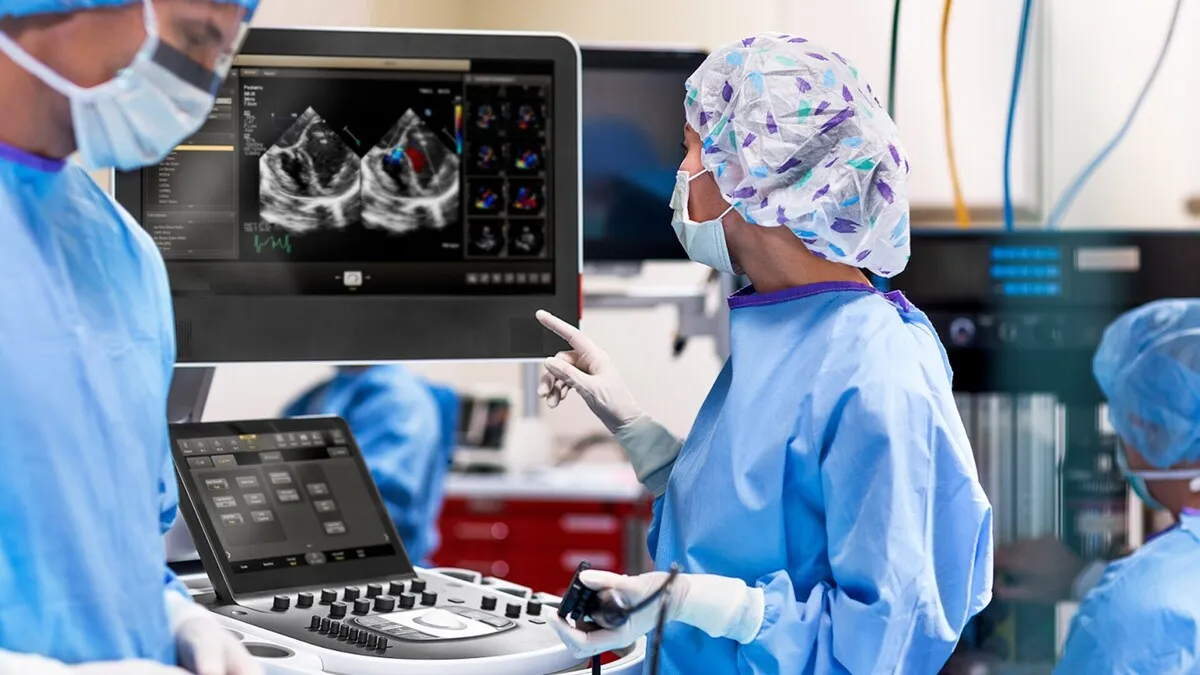Iranian Researchers Make Allograft Products for Organ Transplantation

“Our company has succeeded in producing allograft products. The company makes hard and soft tissues, and we can mention bone tissue, bone powder, granules, etc. in the field of hard tissue products. Also other products include tendons used for ACL-PCL operations and tendon replacement,” Samanipour, the head of the research and development (R&D) section of the knowledge-based Iranian Faravardeh Baft company stationed at Pardis Science and Technology Park, told ANA.
“We also have the heart valve in the field of soft tissue products which includes the aortic valve and the pulmonary valve, and is used to replace the patient’s damaged heart valves,” he said, adding that cartilage tissue is another product of the company that is used in septum and cosmetic procedures.
“In addition to these products, we have other soft tissues that are used in dental surgeries, etc.,” Samanipour said.
“Another product of our company is called frozen bone which is used for people suffering from bone diseases like bone cancer, osteosarcoma, etc. In these patients, the surgeon is forced to amputate a limb due to the disease, but the surgeon can place the frozen bones in that area and prevent the amputation of the patient’s limb by transplanting the tissue,” he noted.
In a relevant development last year, Iranian physicians for the first time in the country and the Middle-East conducted organ transplants from three deceased people.
Organ transplants after cardiac death or brain death have been performed for years in Iran, but organ transplants from patients who were confirmed dead was carried out for the first time in Iran and the Middle East in association with a knowledge-based company, Assistant Professor of Cardiovascular Surgery Department of General Surgery, School of Medicine Hazrat-e Rasoul General Hospital affiliated with Iran University of Medical Sciences Sam Zeraatiannejad Davani said.
He added that vital organs, including kidney, liver, pancreas, intestines, and heart valve were harvested from three dead donors for transplants.
After death both the quantity and quality of organs available for transplant will be adversely affected due to an inflammatory response, Davani said, but meantime, adding that by using a haemoperfusion cartridge, which helps to remove pro-inflammatory cytokines in cytokine storm and other cellular inflammatory markers the donors’ organs remain viable for transplant.
He underlined that the procedure has been approved by the Middle East Society for Organ Transplantation.
4155/v





















